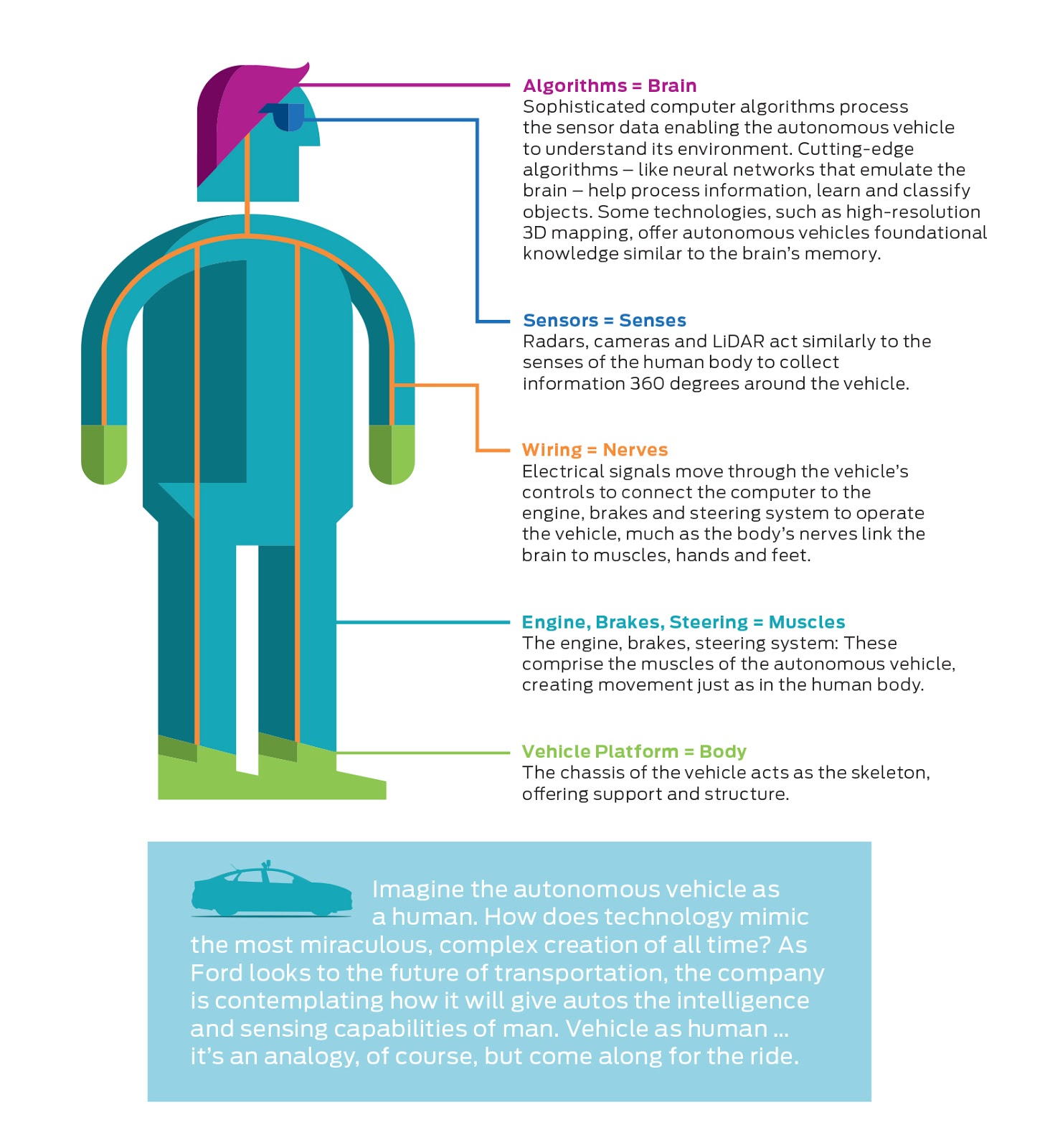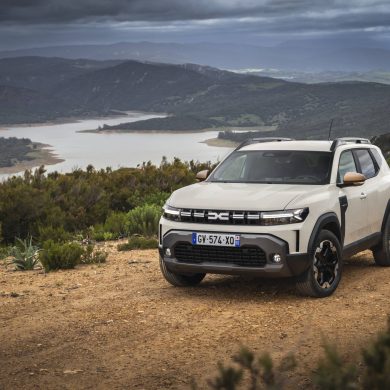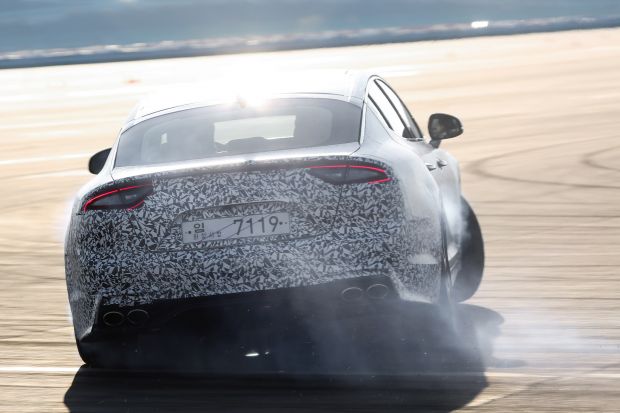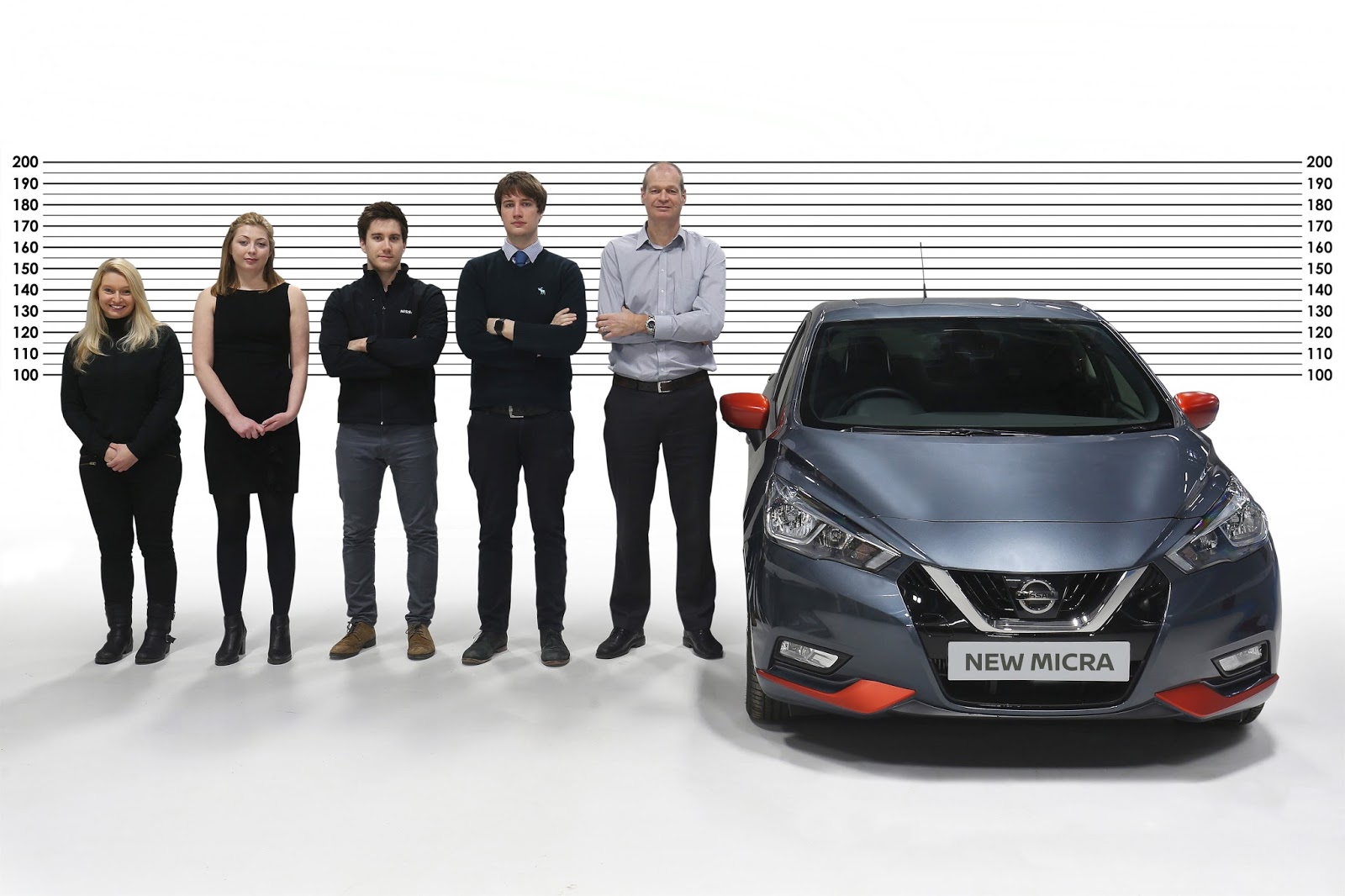
Ford is joining forces with artificial intelligence startup Argo AI to produce the software for the autonomous vehicles the company has promised to put into production by 2021. Ford's $1 billion investment in Argo AI puts Ford at the helm of autonomous vehicle development.
Founded by former Google and Uber executives, Argo AI has employees who are participating in the company's equity and will benefit from the startup's growth.
Ford Invests in Argo AI, a New AI Company, Driving the Evolution of Autonomous Vehicles
Ford will invest $1 billion over the next five years in Argo AI. Combining its own expertise in autonomous vehicles with the startup's experience in robotics, it aims to develop artificial intelligence software that will accelerate the development of autonomous vehicles
Founded by former Google and Uber executives, Argo AI will involve roboticists and developers from within and outside Ford to develop a new software platform for the brand's fully autonomous vehicle due to be launched in 2021. By taking an equity stake, Argo AI employees will benefit from the startup's growth
Argo AI's investment puts Ford at the helm of autonomous vehicle development and market introduction. At the same time, it creates technology that can be used by third parties in the future through licensing
Ford Motor Company has announced that it will invest $1 billion over the next five years in Argo AI, an artificial intelligence company, to develop a "virtual driver" system. This is intended for Ford's autonomous vehicle that will be launched in 2021 and can be used by other interested companies through licensing.
Argo AI has been founded by former Google and Uber executives and will form a team of the most experienced robotics and programming experts working on autonomous driving within Ford or outside of it. The team of roboticists and AI experts will be led by Argo founders, AI Bryan Salesky & Peter Rander, respectively CEO & COO of Argo, AI Bryan Salesky & Peter Rander. Both are graduates of Carnegie Mellon National Robotics Engineering Center and had served as heads of Google and Uber's self-driving vehicle programs, respectively.
"The main feature of the next decade will be automation of the automobile, and we predict that autonomous vehicles will have a significant impact on society as they did with Ford's moving assembly line 100 years ago," said Mark Fields, President & CEO of Ford. "As Ford evolves into an automotive and mobility company, we believe our investment in Argo AI will create significant value for our shareholders by reinforcing Ford's leadership in launching autonomous vehicles in the near term and creating technologies that can be used by third parties in the future under license."

The current team developing Ford's "virtual driver" system - the machine learning software that will act as the brain of autonomous vehicles - will be combined with Argo AI's talent and expertise in robotics. This groundbreaking collaboration aims to create SAE Level 4 Ford autonomous vehicles.
Ford will continue to play a leading role in the development of its autonomous vehicle platform and the integration of related systems, production and design.
Argo AI will join forces with Ford's autonomous vehicle software development team to enhance the commercial potential of these cars. Argo AI's flexibility and Ford's size perfectly combine the benefits of a technology start-up with the experience and expertise of the automotive industry's leading autonomous vehicle development program.
"We are at a decisive turning point. The use of AI has a wide variety of applications, and the successful proliferation of autonomous vehicles will fundamentally change the way we move and transport goods," said Salesky. "We are motivated by Ford's commitment and vision for the future of mobility, and we believe this partnership will enable autonomous vehicles to enter the market and further expand their reach by achieving affordable mobility for all."
The partnership will also help Ford launch a fully autonomous SAE Level 4 commercial vehicle in 2021.
"Working with Argo AI gives Ford a distinct competitive advantage where the automotive and technology industries intersect," said Raj Nair, Ford executive vice president, Global Product Development, and chief technical officer. "This open collaboration is groundbreaking - as it allows us to take advantage of the speed of a startup and Ford's expertise in broad application deployment, systems integration and automotive design."
Ford Smart Mobility LLC, a subsidiary of Ford, will also contribute to the partnership, leading the commercialization strategy for Ford autonomous vehicles, with solutions such as ride-hailing or ride-sharing services or delivery fleets.
Ford becomes the largest shareholder of Argo AI. Importantly, Argo AI's operating structure offers tremendous independence. Its employees will have significant equity stakes in the company, allowing them to share in its success. Argo AI's board will consist of five members - Nair, John Casesa (Ford group vice president Global Strategy), Salesky, Rander, and an independent director.
The $1 million investment in Argo AI will be completed over the next five years and is in line with the capital allocation plan for autonomous vehicles announced last September.
By the end of the year, Argo AI estimates that it will have over 200 team members, based at the company's headquarters in Pittsburgh, Southeastern Michigan and the Bay Area of California.
Initially, Argo AI's goal will be to support the development and production of Ford's autonomous vehicle. In the future, Argo AI will be able to license its technology to other companies and industries interested in the potential of autonomous driving.






